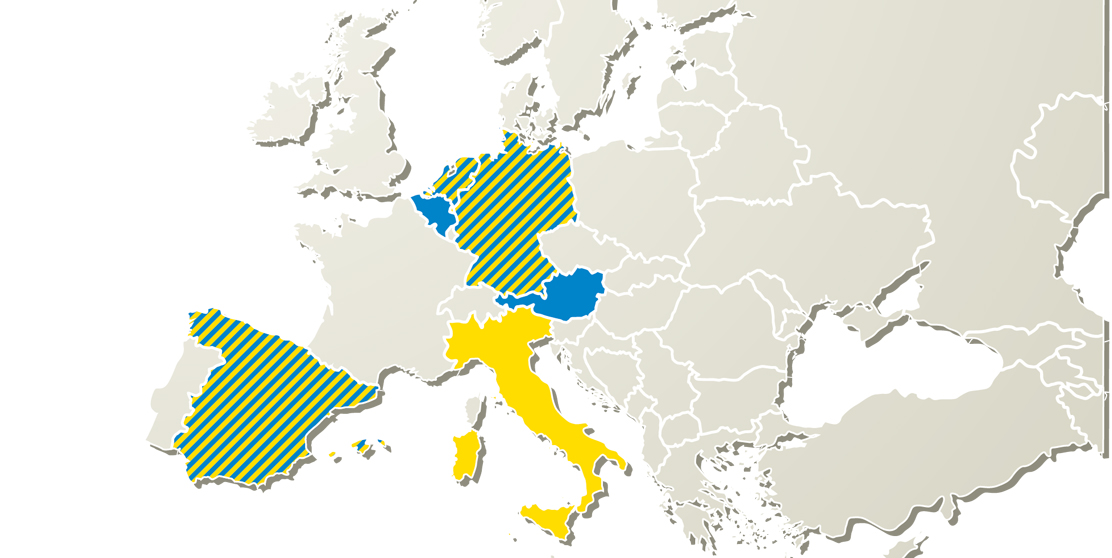enercast supplies solar and wind power forecasts for Turkey
The rising electricity consumption of industry and private households in Turkey is leading to increasing demand for energy. According to forecasts by the Turkish Ministry of Energy, demand will rise by about 6% annually until 2023 and probably reach about 619,400 GWh by 2030.

Rising energy demand
In order to meet the growing demand, systems are being introduced to expand the production and distribution of electricity. In the next seven years, power plant capacities will have to be increased to just under 100,000 MW, which will require investment of 230 billion dollars. 30 billion of it is attributable to wind and solar power systems, which are part of the renewable energy sector.
The government grants tax relief to investors in the energy sector in the context of government investment promotion as well as other financial benefits, making investment in renewable energy increasingly attractive.
Expansion of wind power
The potential for wind power utilisation in Turkey is particularly good and is up to 30 percent higher than in Europe. From a local perspective, the bulk of Turkish wind power capacity is in the Aegean, followed by the northwest Marmara and Mediterranean regions. The country is currently going through a new investment wave.
But not only are new systems planned, existing ones are to be renewed and, if necessary, expanded. enercast is providing wind power forecasts for systems with a total of 643 MW at various locations in Turkey. They are needed, for example, in so-called “maintenance and operations” in order to be able to coordinate the performance of scheduled maintenance work.
Solar energy with potential
With an average sunshine duration of 2,640 hours a year or 7.2 hours a day, Turkey has the potential to produce about 380 billion KWh of solar energy annually. In particular, the southern parts of the country, such as southeast Anatolia and the central Anatolian basin of Konya, offer good conditions for the use of solar energy.
In the province of Konya, preparations are being made for the establishment of a special zone for solar energy, which is to be built on a 3,000 hectare area. Its potential is estimated at 1,300 MW. And this trend is moving in the right direction – because in terms of renewable energy Turkey has set itself ambitious targets. By 2023 it is to achieve a total capacity of 20,000 MW – nearly five times the current level.
Investment in solar power systems
Recently, a new law came into force in Turkey: transmission network operators are now required to report how much energy they will feed into the grid. This amount of energy is projected by enercast. The currently guaranteed solar energy feed-in rate of 13.3 US cents/KWh will apply for a period of ten years, which is why several Turkish energy companies have recently built solar power plants.
More and more investors are making use of the statutory option to generate energy free of royalties. As a result, power plants of up to a maximum of 1 MW are being built in order to meet the demand for electricity and to feed the excess electricity into the public electricity grid.


 Back to overview
Back to overview 

